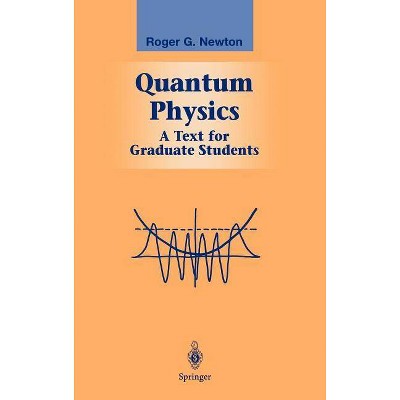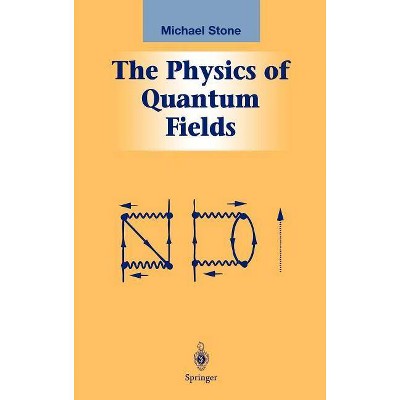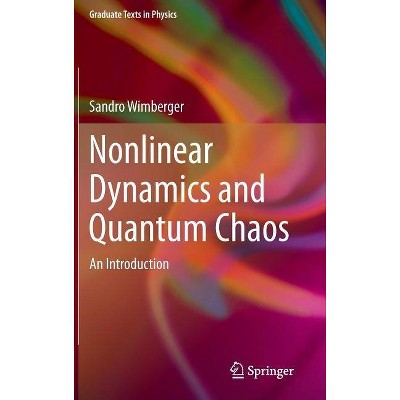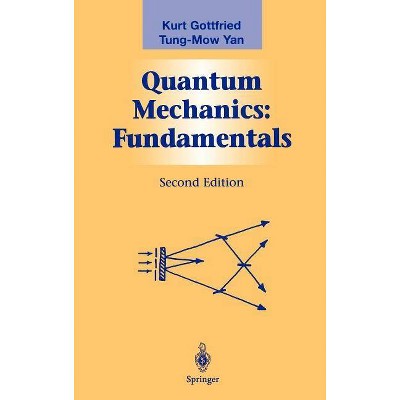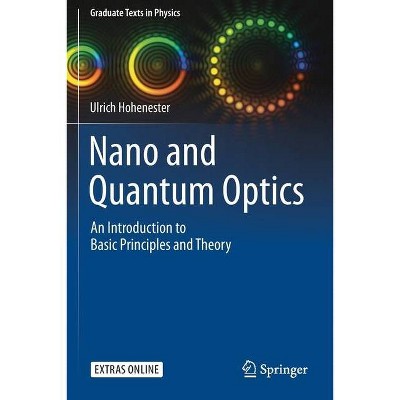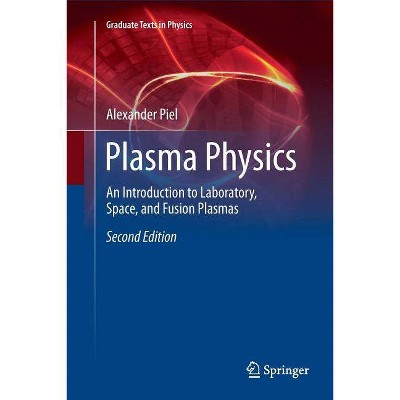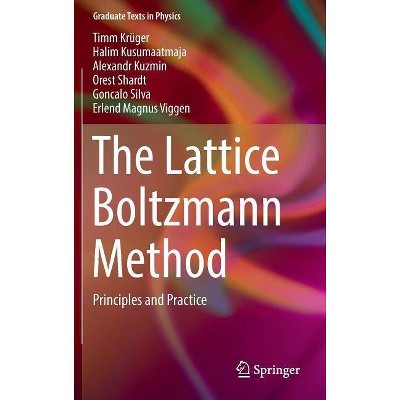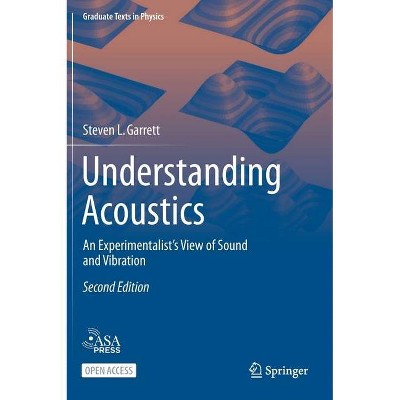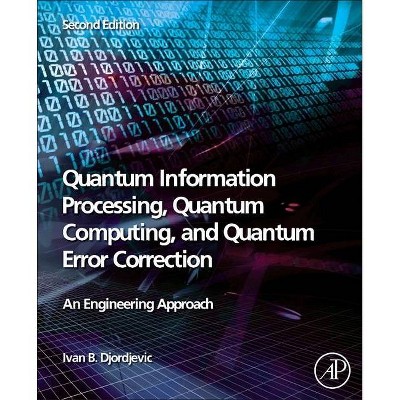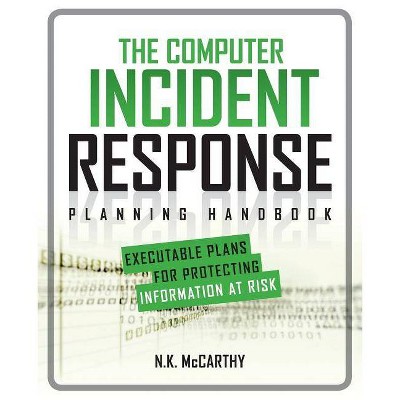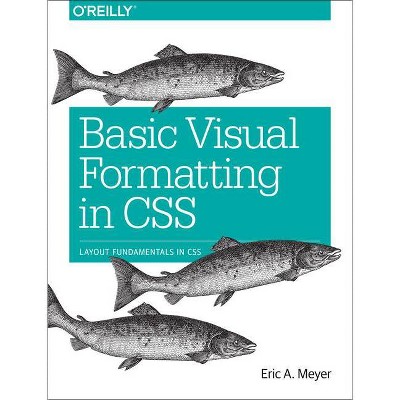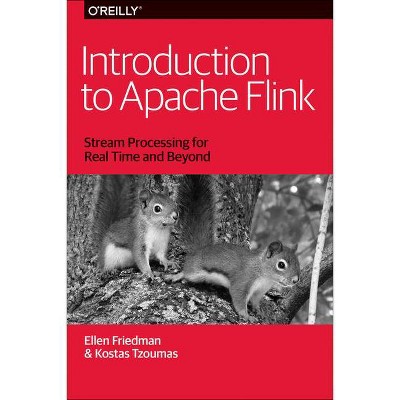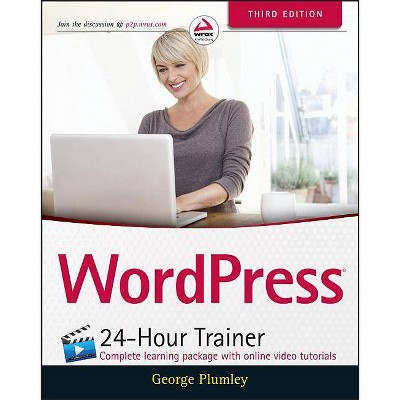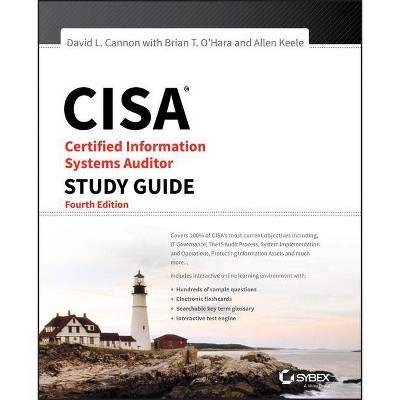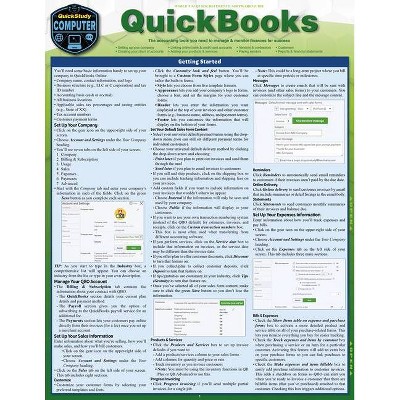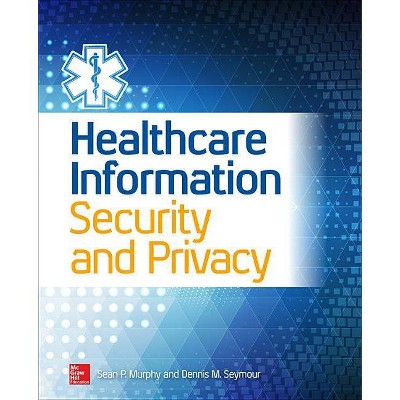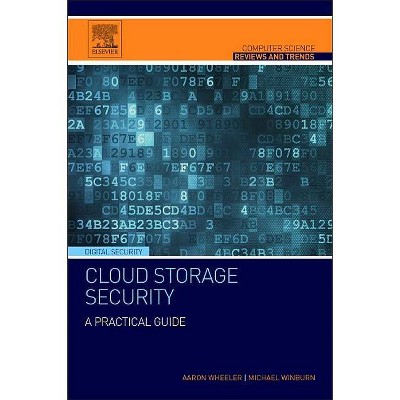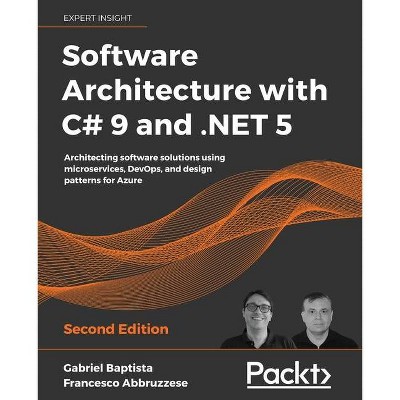Quantum Information Processing - (Graduate Texts in Physics) 2nd Edition by János a Bergou & Mark Hillery & Mark Saffman (Hardcover)
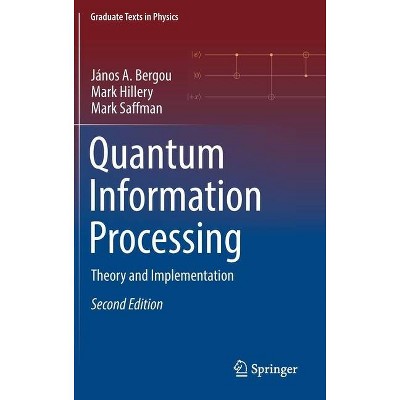
Similar Products
Products of same category from the store
AllProduct info
<p/><br></br><p><b> Book Synopsis </b></p></br></br><p>This new edition of a well-received textbook provides a concise introduction to both the theoretical and experimental aspects of quantum information at the graduate level. While the previous edition focused on theory, the book now incorporates discussions of experimental platforms. Several chapters on experimental implementations of quantum information protocols have been added: implementations using neutral atoms, trapped ions, optics, and solidstate systems are each presented in its own chapter. Previous chapters on entanglement, quantum measurements, quantum dynamics, quantum cryptography, and quantum algorithms have been thoroughly updated, and new additions include chapters on the stabilizer formalism and the Gottesman-Knill theorem as well as aspects of classical and quantum information theory.</p> <p>To facilitate learning, each chapter starts with a clear motivation to the topic and closes with exercises and a recommended reading list.</p> <p><i>Quantum Information Processing: Theory and Implementation</i> will be essential to graduate students studying quantum information as well as and researchers in other areas of physics who wish to gain knowledge in the field.</p> <p> </p><br><p></p><p/><br></br><p><b> From the Back Cover </b></p></br></br><p>This new edition of a well-received textbook provides a concise introduction to both the theoretical and experimental aspects of quantum information at the graduate level. While the previous edition focused on theory, the book now incorporates discussions of experimental platforms. Several chapters on experimental implementations of quantum information protocols have been added: implementations using neutral atoms, trapped ions, optics, and solidstate systems are each presented in its own chapter. Previous chapters on entanglement, quantum measurements, quantum dynamics, quantum cryptography, and quantum algorithms have been thoroughly updated, and new additions include chapters on the stabilizer formalism and the Gottesman-Knill theorem as well as aspects of classical and quantum information theory.</p><p>To facilitate learning, each chapter starts with a clear motivation to the topic and closes with exercises and a recommended reading list.</p><p><i>Quantum Information Processing: Theory and Implementation</i> will be essential to graduate students studying quantum information as well as and researchers in other areas of physics who wish to gain knowledge in the field.</p><p><b> </b></p><p/><br></br><p><b> About the Author </b></p></br></br><p>János Bergou is a Professor at Hunter College and the Graduate Center of the City University of New York. He received his Diploma (MS) and Ph.D. from the Eötvös University in Budapest, and a Doctor of Science degree from the Hungarian Academy of Sciences, all in physics. He started his career at the Central Research Institute for Physics in Budapest, Hungary. He was a Humboldt Fellow at the Max Planck Institute for Quantum Optics in Garching bei München, Germany, and a visiting professor at the Institute for Modern Optics at the University of New Mexico before settling in New York. He is a fellow of both the Optical Society of America and the American Physical Society. He served as Divisional Associate Editor for Physical Review Letters and was a Member of the Editorial Board of Physical Review A. He has worked primarily in the areas of quantum optics and quantum information.</p> <p>Mark Hillery is a Professor at Hunter College and the Graduate Center of the City University of New York. He received a BS degree from MIT and a Ph.D. from the University of California at Berkeley, both in physics. He did postdoctoral work at the Institute for Modern Optics at the University of New Mexico and at the Max Planck Institute for Quantum Optics in Garching bei München, Germany. He is a fellow of both the Optical Society of America and the American Physical Society and was an Associate Editor of Physical Review A for 15 years. He has worked primarily in the areas of quantum optics and quantum information.</p> <p>Mark Saffman is a Professor in the Department of Physics at the University of Wisconsin-Madison. He received his B.Sc. with honors in Applied Physics from the California Institute of Technology and his PhD in Physics from the University of Colorado at Boulder. Mark worked in industry and at the Risø National Laboratory in Denmark before joining the faculty at UWM in 1999. He is also Chief Scientist for Quantum Information at ColdQuanta, Inc. and an Associate Editor of Physical Review A. He has been recognized with an Alfred P. Sloan fellowship and is a fellow of the American Physical Society and the Optical Society of America. His primary research interests lie at the intersection of atomic and optical physics and quantum information.</p><br><p></p>
Price History
Price Archive shows prices from various stores, lets you see history and find the cheapest. There is no actual sale on the website. For all support, inquiry and suggestion messages communication@pricearchive.us
